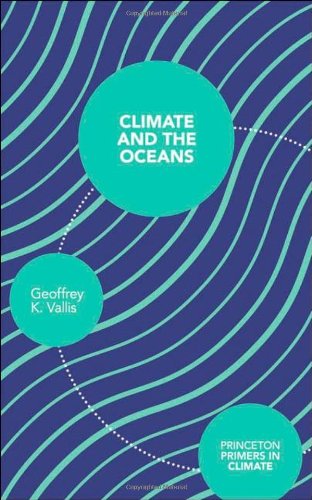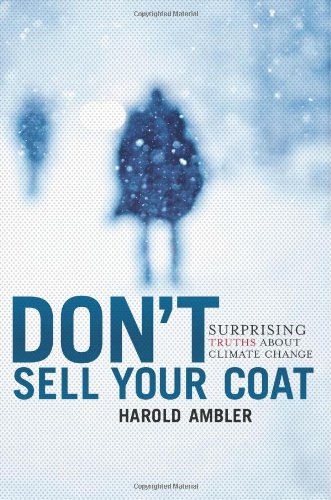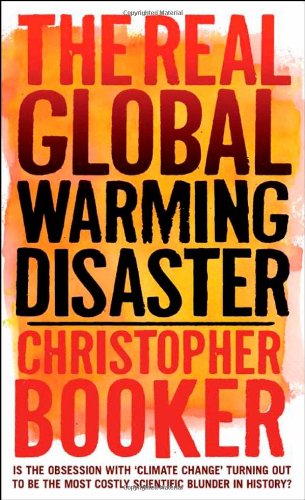The Battle of the River Plate (1956, UK, Powell & Pressburger)
The story of a single battle in the South Atlantic during the early days of World War 2. Watched it all. Powell & Pressburger made some of the best movies of the 1940s. After some excessively operatic movies in the 50s, it looks like they’re now back on earth, with a movie that builds up slowly like a symphony of naval warfare.
La Sorcière (1956, France)
A French engineer comes to work in a remote and backwards Swedish village, where he meets a beautiful witch, but before she can bewitch and seduce him, and condemn him to spend the rest of his life in a sinful orgy of earthly Swedish pleasures, the helpful villagers come to his rescue by lynching her. Phew! Watched: 2 minutes.
Love Me Tender (1956, USA)
Watched: 2 minutes, and the music. Never mind the movie, which is just good enough, let’s talk about Elvis. Having fast-forwarded through more or less all the musical movies of the 40s and 50s, I can confirm that, although before Elvis there was something, he makes it all seem like nothing. You could say the same thing about rock’n roll in general, but with Elvis, there’s more. In the live clips of him I’ve seen from 1956, it’s like you’re watching a god of entertainment, descended down to earth to walk among mortals. All this is old news, but there is a difference between knowing something, and feeling it. Now I feel it.







